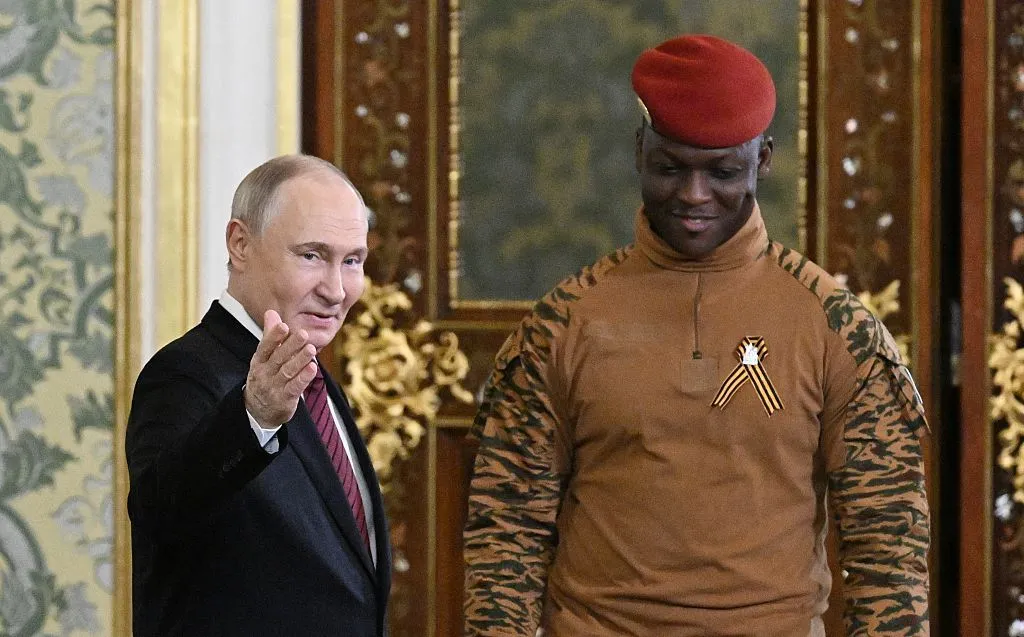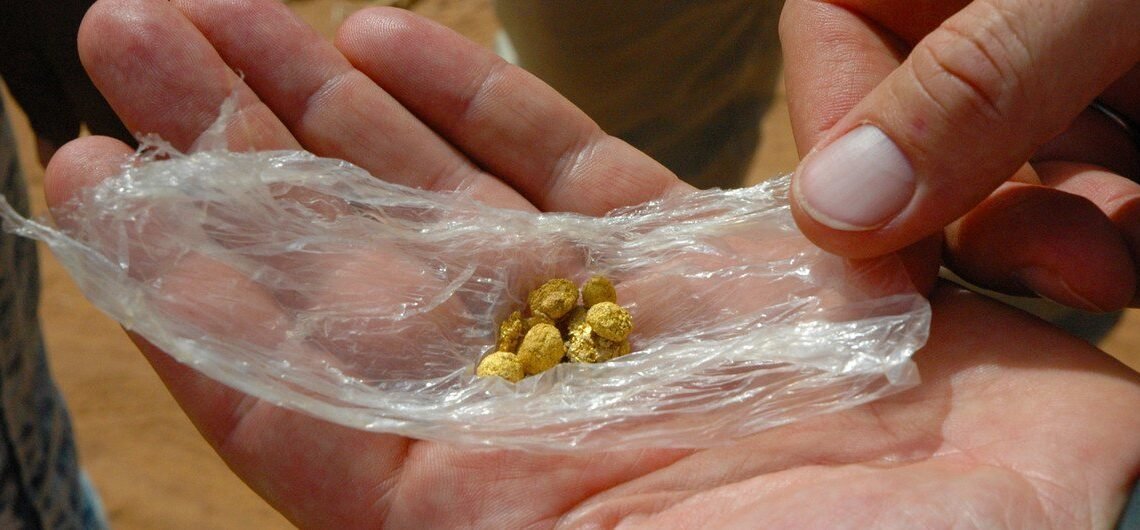Gold has become the glittering lifeline of West Africa’s Sahel region, powering economies, funding militaries, and feeding conflict. In 2025, as gold prices surged to record highs amid global instability, the precious metal’s appeal skyrocketed. But in Mali, Burkina Faso, and Niger, its shine masks a troubling undercurrent of violence, foreign influence, and exploitation.
Driven by international trade tensions and geopolitical uncertainty, gold remains one of the few stable assets investors turn to. Demand is surging, from central banks and hedge funds to everyday investors. Yet, few ask where their gold comes from, or what it costs in blood and instability.
In the Sahel, gold production has become critical to military governments trying to stay afloat in the face of jihadist insurgencies, international sanctions, and climate change. Together, Mali, Burkina Faso, and Niger produce an estimated 230 tonnes of gold annually, worth approximately $15 billion at current market rates, according to the World Gold Council. Experts believe the real figure could be higher due to widespread artisanal and unregulated mining.
“Because gold prices have been at a historic high… the military governments are hoping that they will be able to benefit directly,” explained Beverly Ochieng, senior researcher at consultancy firm Control Risks.
The Sahel’s combined output now surpasses any single African nation, cementing its status as a global gold supplier. But instead of benefiting the people, gold revenues increasingly flow into the hands of juntas, private militias, and foreign partners.
Mali’s military ruler, Gen Assimi Goïta, recently laid the foundation for a new gold refinery, with the Russian conglomerate Yadran Group holding a minority stake. The project is expected to create 500 direct and 2,000 indirect jobs. Burkina Faso is following suit, launching its first gold refinery and mandating that foreign mining companies cede a 15% stake to the government and train local workers.

Pro-government propaganda has gone to bizarre lengths. AI-generated media campaigns feature songs praising Burkina Faso’s 37-year-old junta leader, Capt Ibrahim Traoré. In one, an auto-tuned Rihanna-style voice croons: “Mining gold from deepest dirt. But souls are rich and true.”
Despite these glossy portrayals, the reality is more troubling. “These governments need cash—and they need it fast—to fund their counterinsurgency efforts,” Ochieng noted. In Mali, much of the counterinsurgency has been handed over to Russian paramilitaries, including the notorious Wagner Group and its successor, Africa Corps, now under Russia’s defence ministry.
Although Burkina Faso’s junta denies Africa Corps’ presence, the group has been seen conducting military training. Transparency is virtually absent in the region’s budgets, but analysts agree that military spending dominates. In Mali, defence expenditures tripled between 2010 and 2020, accounting for 22% of the national budget.

Militants, Mercenaries Share The Profits
While the military rulers claim gold revenues enhance “sovereignty,” watchdogs say otherwise. Human Rights Watch has accused Mali’s army and Wagner of atrocities, including “unlawful killings, summary executions, and torture.” Similar allegations surround Burkina Faso’s military and its allied militias.
“Very little [of the gold revenues] will trickle down to Malians and Burkinabés,” said Alex Vines of Chatham House. He warned that jihadist groups are also reaping profits from the gold trade.
Armed factions, including al-Qaeda-linked Jamaat Nusrat al-Islam wal-Muslimin (JNIM), are expanding their reach. The group carried out a record number of attacks in Burkina Faso in early 2025. Experts say the growing control of small-scale, informal mines by jihadists is helping to fund their operations.
The United Nations Office on Drugs and Crime (UNODC) reported in 2023 that most gold from these informal mines—often unregulated and hidden from government oversight—ends up in the United Arab Emirates, a key global hub for gold trading and refining.
Control of these artisanal mines is hotly contested between armed groups and the military juntas. The profits serve as both a motive and a means for sustaining violence.
READ ALSO: Police Foils Gold Robbery Plot Near Akuapem























